I wasn’t too far in Neversong before the familiarity of its ludonarrative cracked me upside the head. Even without the opening accreditation, I knew this was wholly a game by Thomas Brush, aka Atmos Games.
Those who haunted Newgrounds in the earlier half of the last decade may recognize Neversong as the remake and sequel to Brush’s first game, Coma. Many others may recognize the bleak atmosphere as the progeny of his latest game, Pinstripe, which received mixed reviews for its inability to create a compelling mélange of gameplay and narrative.
For fans, Neversong will fall in line with what they already loved about Atmos Games’ creations. But it seems a lesson wasn’t learned after Pinstripe. While Neversong reintroduces powerful themes and motifs, it fails to provide a positive gameplay experience.
Developer: Atmos Games and Serenity Forge
Price: $14.99
Platform: Windows, Nintendo Switch, PS4, Xbox One
MonsterVine was supplied with Steam code for review
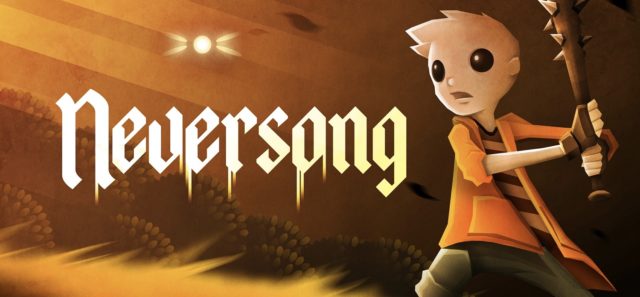
Players assume the role of Peet, an orphan who has found love in a girl named Wren. While stalking around an asylum, Wren is kidnapped by the unearthly Dr. Smile, whose fearful presence drives Peet into a coma. Upon waking up, Peet learns from his fellow neighborhood kids that Wren is presumed dead and everyone’s parents are missing after a failed rescue attempt. Peet puts it on his own shoulders to save Wren, running into Dr. Smile and other creepy creatures along the way.
Neversong mostly succeeds as a narrative-driven experience. It doesn’t hide its depressiveness: At the beginning the game tells us this is a story of hope and loss and to be prepared for twisted outcomes. Even at its most lighthearted, Neversong has an underlying touch of dread. While this may turn off players looking for a more joyous experience, this story is worth investigating. The mood is consistent and maintains its somber state without affecting its pacing.
Neversong is also short: My first playthrough took about three-and-a-half hours, with subsequent playthroughs being just longer than an hour. This alone will be enough for some to turn their heads, but the brevity works in favor of the story’s finely tuned pacing. An additional boss fight or section may very well have been the difference between Neversong feeling like a complete and thorough story or an emotional burden that overstays its welcome. It also offers several reasons for the players to return for a second run. A true investigative effort of Neversong’s secondary themes requires another playthrough. Some collectibles can only be found in a second run, too.
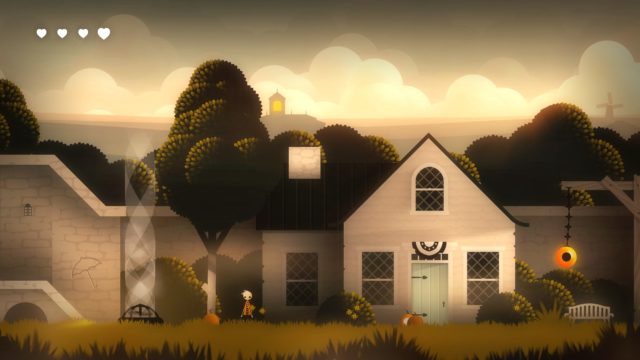
The only narrative fault Neversong commits is an inability to form any emotional connection between player and characters. There isn’t enough abstraction or dimensionality to elicit any real empathy with any character except maybe Peet. One of Neversong’s many themes is mental illness, but despite my own struggles with bipolar disorder and paranoia, I had a difficult time relating to characters who demonstrated similar neuroses. That’s not to say the portrayal of mental illness in Neversong is incorrect – only that I had a hard time relating to it as presented by these specific characters.
But if Neversong’s pacing and theming are as smooth as silk, then the gameplay and polish are as rough as sandpaper. Combat is nothing more than Peet swinging a baseball bat wildly at enemies until they pop. There isn’t a satisfying three-hit combo or a secondary mode.
Enemies present a Goldilocks situation. Some enemies are too reactive to Peet’s bat. Others aren’t reactive enough. The only enemies that react just right are the bosses, which offered enough dimensionality and gameplay change that one could suspect from a single-sitting indie game.
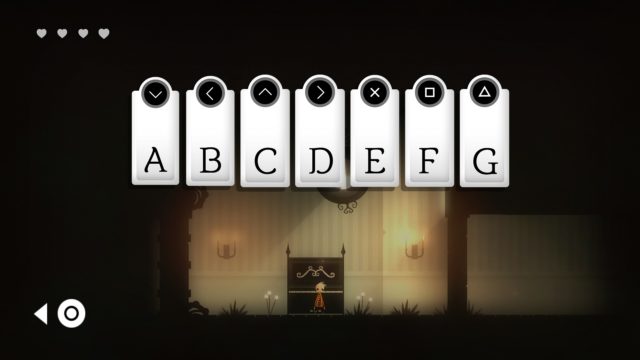
Most puzzles were unique enough, but none were truly puzzling. One puzzle, in particular, has Peet riding a skateboard and hitting certain checkpoints to unlock roadblocks. It was much too overused and sometimes failed to introduce enough variance to justify another use. Some puzzles can be solved immediately but have awkward setups or sequencing. The result is that those puzzles are more frustrating than satisfying.
For the time you’ll put it into it, Neversong offers a worthwhile story that compellingly addresses contemporary themes. The gameplay will undoubtedly sour much of the experience, but brevity and pacing will mostly make up for it.
 The Final Word
The Final Word
Less-than-decent gameplay nearly spoils a quality narrative.
– MonsterVine Rating: 3 out of 5 – Average

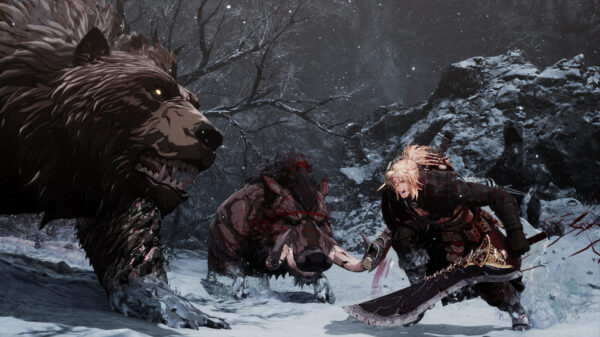
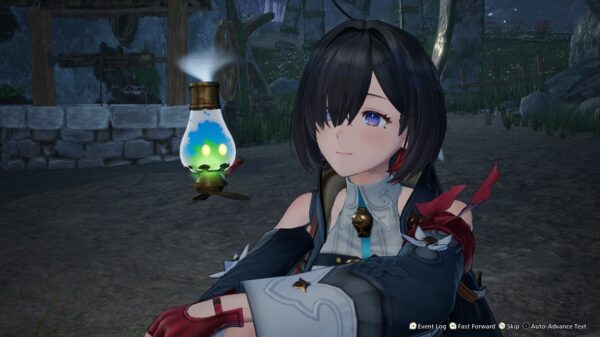


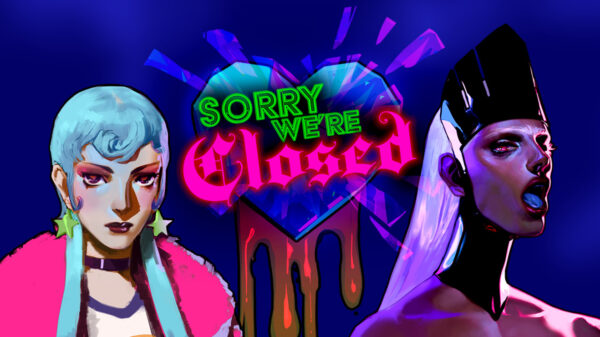

























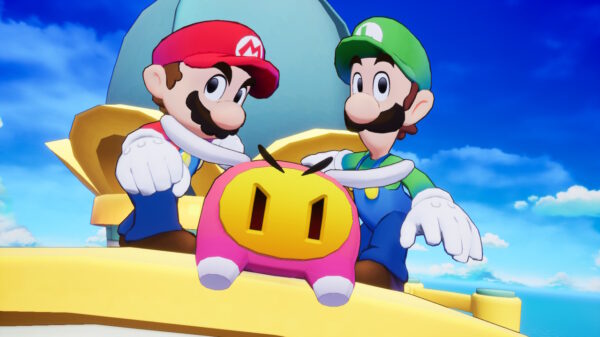


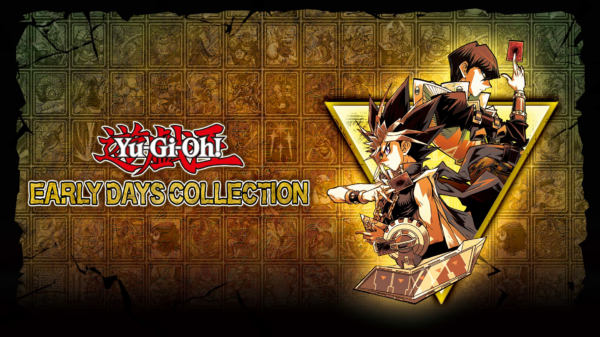



















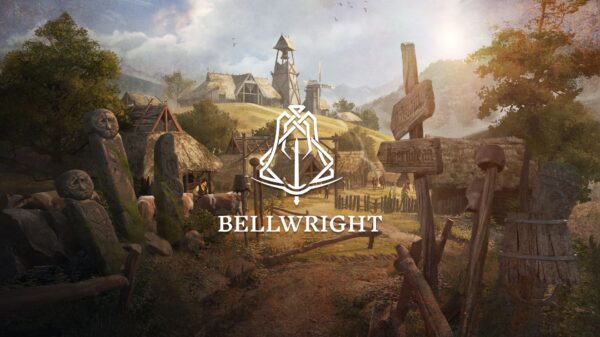
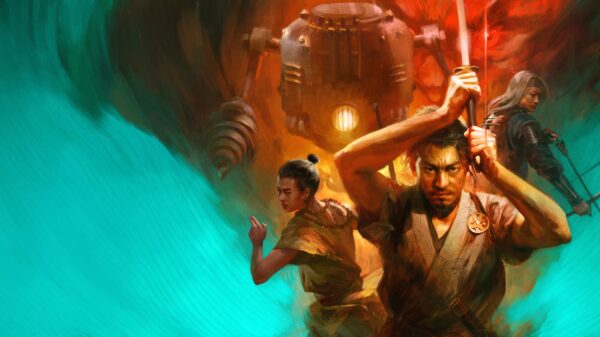
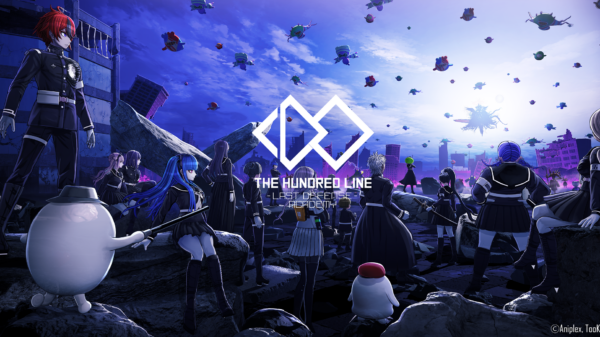


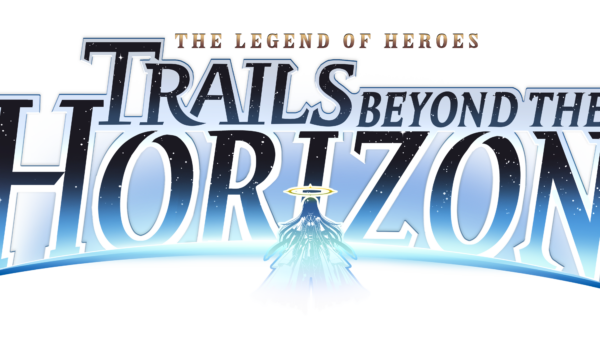
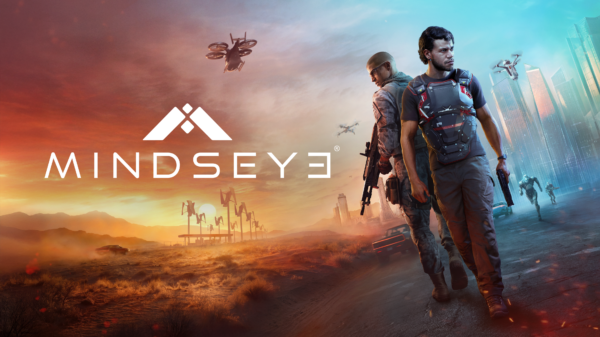
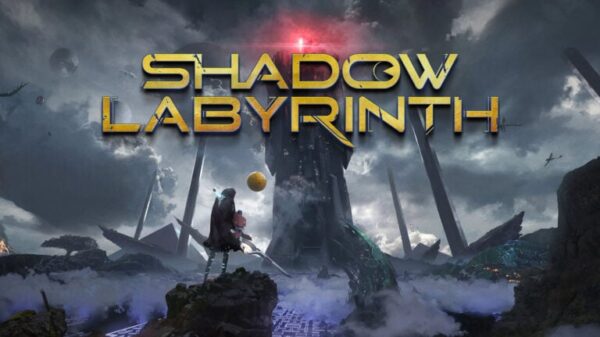
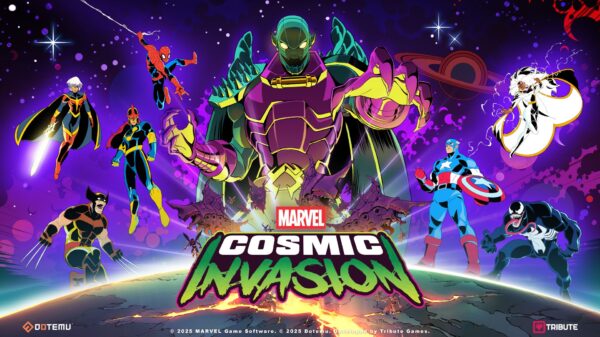
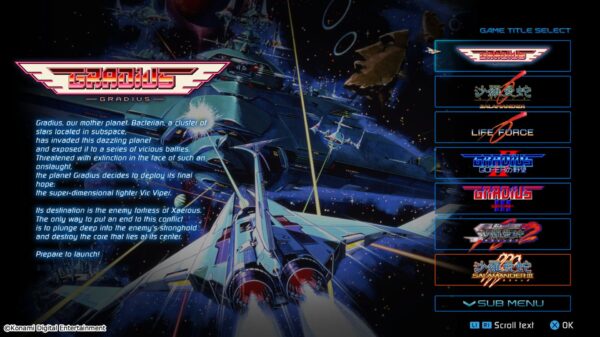
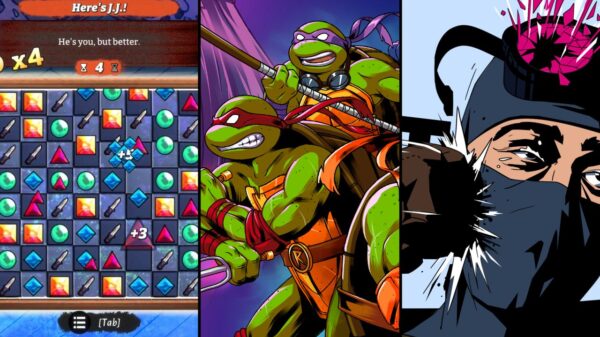
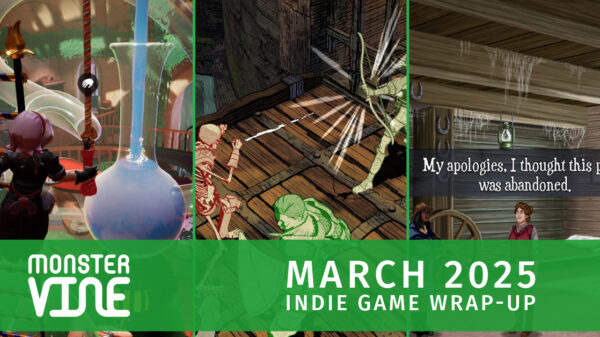




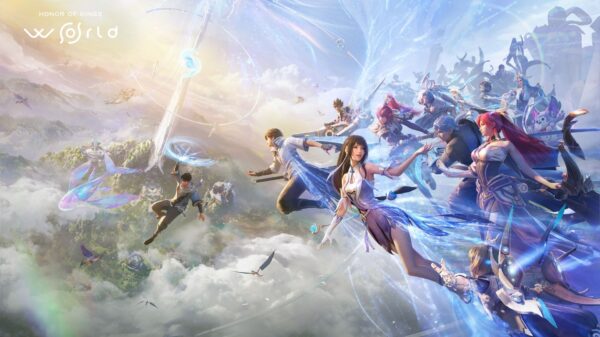


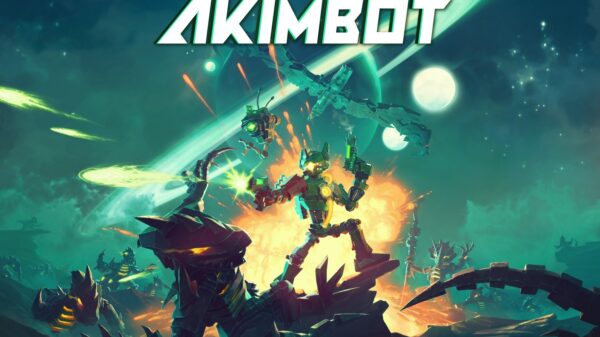
























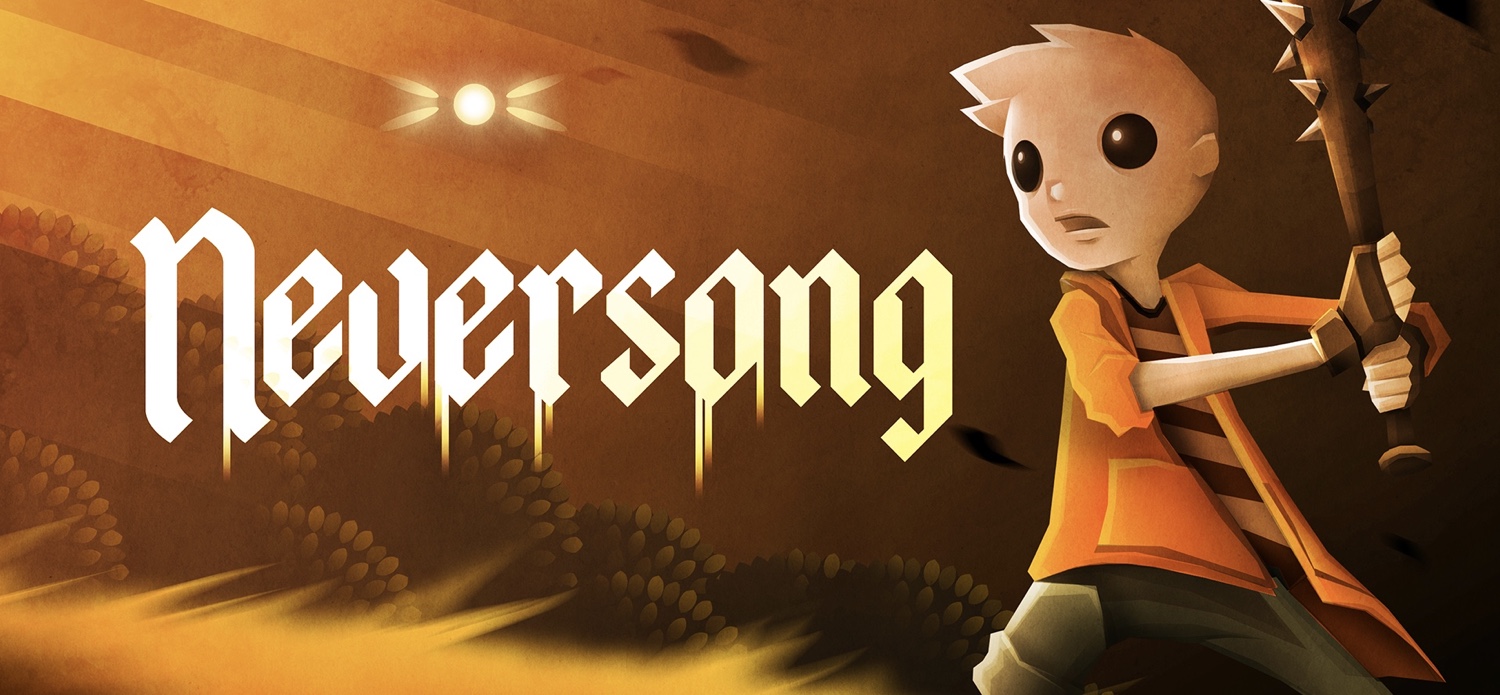
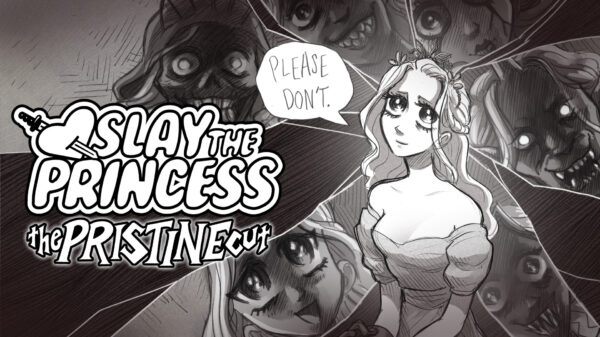




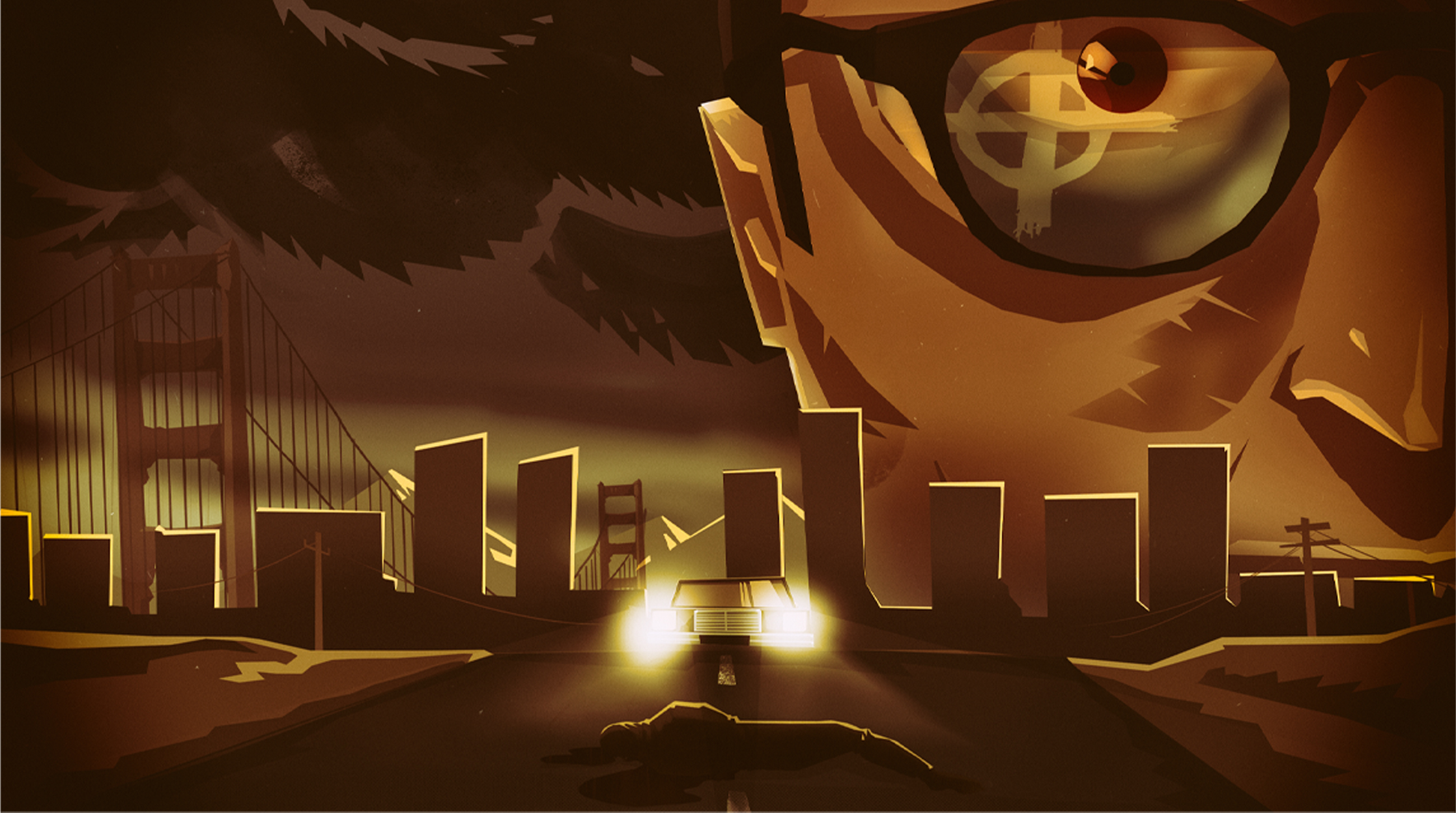
Pingback: All The Content From MonsterVine: Hot Summer Games Showcase | MonsterVine